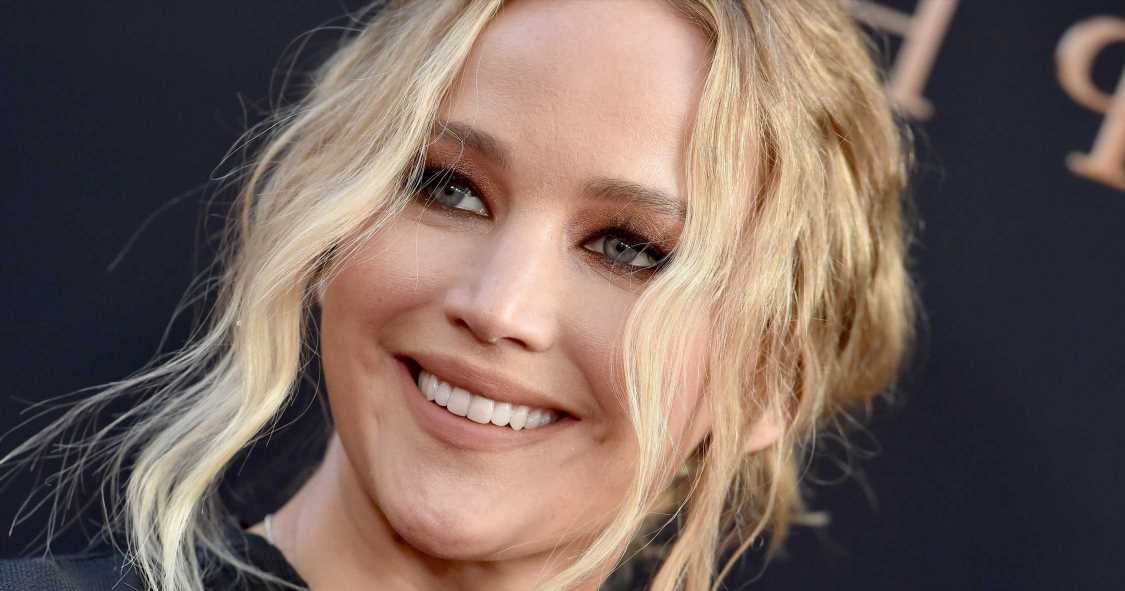Not every sector of the market is a longer-term buy even with stocks continuing to be on autopilot, warn strategists at Goldman Sachs.
Some of the worst stocks to own in a U.S. economy trying to claw back from the COVID-19 pandemic are those with high exposure to tight labor markets, which runs the risk of pressuring profit margins as wages are hiked.
"Labor market tightness will remain a challenge during the next few years. Investors should avoid stocks with high labor costs relative to EBIT [earnings before interest and taxes]," says David Kostin, Goldman Sachs chief U.S. equity strategist, in a new research note to clients.
Several of the companies that fall under this category, per Goldman's analysis includes IBM (IBM), Raytheon (RTX), HCA Healthcare (HCA), FedEx (FDX) and Dollar General (DG).
On the other hand, Kostin and his team think reopening stocks with cyclical exposure are the better bet at the moment.
Explains Kostin, "While virus counts are now rising and weighing on reopening stocks, as the winter wave passes, declining virus and inflation headwinds should provide a near-term boost to corporate revenues and margins for the businesses most exposed to these challenges."
Companies such as Best Buy (BBY), Home Depot (HD), Lowe's (LOW), D.R. Horton (DHI), KB Home (KBH) and Lennar (LEN) appear positioned for a cyclical upswing, points out Kostin.
In the near-term, however, both high labor exposure stocks and reopening stocks may work well for investors as markets digest recent Federal Reserve news.
Monday morning, President Biden renominated Powell as Fed chief, ending weeks of speculation on the topic. Biden also nominated Lael Brainard to the position of vice chair. Both are seen as monetary policy doves by market participants, hinting the Fed may be inclined to push off interest rate hikes in 2022 even with inflation remaining elevated.
In turn, that would be good for valuation multiples.
Stock markets soared on the news, with the Dow Jones Industrial Average rising by more than 300 points at one point early in Monday's session.
"With the Fed on hold until mid-year 2022 and bond yields below 2%, equities will remain the asset of choice for both institutional and retail investors," contends Kostin.
The closely watched strategist sees the S&P 500 hitting 5,100 by the of 2022, up about 10% from current levels.
Brian Sozzi is an editor-at-large and anchor at Yahoo Finance. Follow Sozzi on Twitter @BrianSozzi and on LinkedIn.
Read the latest financial and business news from Yahoo Finance
Follow Yahoo Finance on Twitter, Instagram, YouTube, Facebook, Flipboard, and LinkedIn
Source: Read Full Article


